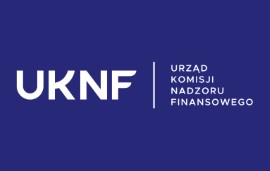The Monetary Authority of Singapore (MAS) has put forward proposals which set out the behaviour of business representatives and the means available to consumers in order to limit the potential damage resulting from the use of payment tokens. The proposal also sets out minimum technology and cyber risk management requirements for DPT service providers.
As regards the behaviour of business representatives, MAS intends to issue guidelines for DPT service providers to implement the following measures, i.e.:
- identification, mitigation and clear disclosure of potential and actual conflicts of interest
- publication of policies, procedures and criteria governing the inclusion in the DPT list
- establish effective policies and procedures to deal with customer complaints and dispute resolution
With regard to measures available to consumers, DPT service providers should, in MAS’s view, discourage retail clients from speculation in cryptocurrencies by:
- identification of customer risk awareness for access to DPT services
- not offering any incentives to trade cryptocurrencies
- non-provision of financing, margins or leveraged transactions
- non-acceptance of payments with credit cards issued locally
- limit the value of cryptocurrencies when determining the net value of a client
The MAS regulatory measures for DPT services will be implemented in stages from mid-2024. This will ensure an appropriate transitional period for DPT service providers that will allow for the correct implementation of these measures.
More information on:
https://www.mas.gov.sg/news/media-releases/2023/mas-strengthens-regulatory-measures-for-digital-payment-token-services





























































 HAS JOINED THE GLOBAL FINANCIAL INNOVATION NETWORK (GFIN).png)




.png)
